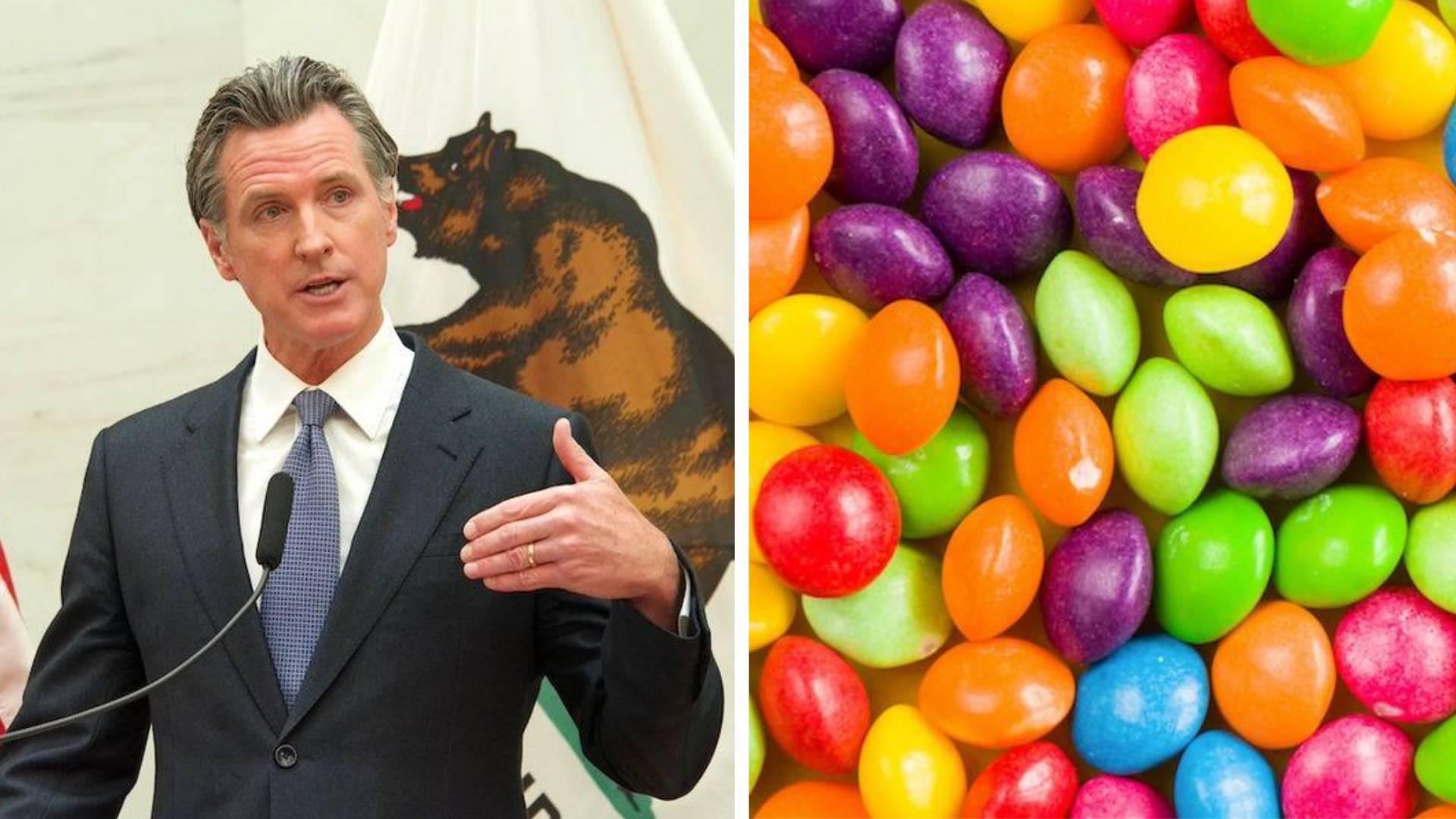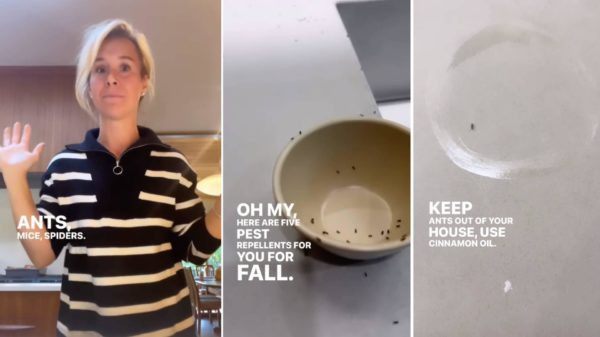California has discovered that several unapproved and possibly dangerous additives have found their way into consumable products. These additives also feature in the ingredient lists of thousands of products across the United States.
A piece of legislation that banned the four additives has recently been signed into law by California governor, Gavin Newsom. Popularly referred to as the “Skittles Ban,” the new law aims to protect the people of California from these suspected disease-causing chemicals.
In case you are wondering, the “Skittles ban” isn’t a ban on Skittles. Skittles remains an approved product and the darling of millions of candy lovers. So, how did Skittles enter the conversation?
One of the ingredients in Skittles, called titanium dioxide, was originally penciled down for the ban. Later on, it was dropped from the ban, much to the relief of its producers who would have had to make changes to its production processes.
It was Jesse Gabriel, a Democratic assembly member from Woodland Hills, California, who introduced the legislation. The bill was called the Assembly Bill (AB) 418. It proposed to ban the sale of processed foods in California containing certain chemicals believed to be toxic.
The 4 additives implicated by the ban are brominated vegetable oil, potassium bromate, propylparaben, and Red Dye 3. The law has not only banned products containing these chemicals, but it has also outlawed the sales and distribution of the affected items. The manufacturers of these products will have to eliminate the additives from their ingredient list to secure their acceptance.
About 12,000 products have been affected by the ban. These products are still on sale in other states across the country even though they haven’t been approved by the Food and Drug Administration (FDA).
The legislation is a momentous win for health and nutrition advocates who have been sounding at the top of their voices about the prevalence of diseases caused by the consumption of these additives.
These diseases include; kidney damage, thyroid, gastrointestinal, and mood disorders. Health experts are calling on other states to toe the same line.
Governor Newsom described the ban as a “positive step forward” in the fight against substandard products. The ban will however take effect in 2027, allowing manufacturers ample time to rework their recipes.
In a twist, the National Confectioners Association has registered their displeasure with the legislation. In a statement released by the body, they had the following to say. “Chocolate and candy are safe to enjoy, as they have been for centuries. We strongly oppose AB418 because there is no evidence to support banning the ingredients listed in the bill.”
The association disagreed with the widespread claim that the banned substances have not been approved by the FDA. “The ingredients that would be banned under this proposal have all been approved by the U.S. Food and Drug Administration. Food safety is the number one priority for U.S. confectionery companies, and we do not use any ingredients in our products that do not comply with the FDA’s strictest safety standards,” the statement read.
































